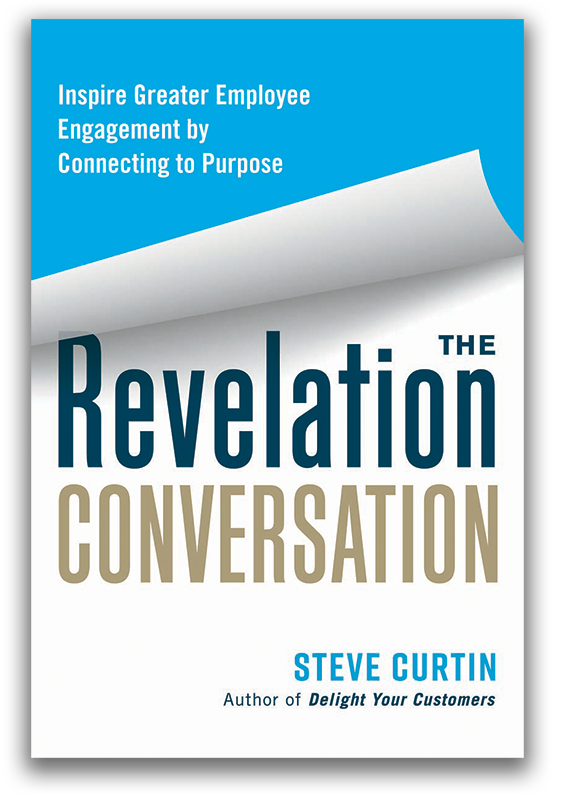 This is the final post in a series that has identified 10 different customer service advantages that have emerged from my analysis of customer satisfaction data. Maybe you have capitalized on one or more of these advantages in your own business? The tenth advantage is to recognize that exceptions require exceptional customer service.
This is the final post in a series that has identified 10 different customer service advantages that have emerged from my analysis of customer satisfaction data. Maybe you have capitalized on one or more of these advantages in your own business? The tenth advantage is to recognize that exceptions require exceptional customer service.
How are exceptions ordinarily treated?
Consider the couple who arrive at a popular restaurant on a Friday evening without a reservation. Does the hostess work her magic to accommodate them or is she dismissive due to their nonconformance, presumption, and naivety? (“Can you imagine? Showing up here, on a Friday night, without a reservation, expecting an open table? The nerve of some people!”)
Just this morning, I flew into Denver International Airport and stopped by Heidi’s Brooklyn Deli for a sandwich. As I approached the counter, I heard the customer ahead of me ask if the bread for his sandwich could be sliced thinner than those visible slices that had been pre-sliced.
(Ordinarily, the employees at Heidi’s slice the sandwich bread off the fresh-baked loaves when preparing the customer’s order. At the airport location, due to the sporadic volume of customers, the bread is sliced in advance and stored in clear plastic tubs to keep them fresh. The pre-sliced bread behind the counter was quite thick and, as I learned, the customer had recently been diagnosed with TMJ syndrome—chronic pain that restricts how wide he can comfortably open his mouth.)
The employee responded that the bread had been pre-sliced and could not be sliced thinner. The customer moved down toward the register, content to simply order a drink and a bag of chips.
About that time, I noticed the open kitchen to the left where there were dozens of loaves of bread being stored on racks. I asked the employee behind the counter if one of those loaves could be used to accommodate the customer who required thinner bread slices.
At first she said no because, according to her, the automated bread slicer used produced slices of a standard thickness.
Then I asked her if she had a bread knife behind the counter.
At this point, she appeared to connect the dots and suggested that she may be able to honor the customer’s request after all.
The customer, overhearing our conversation, approached me and said, “Thank you. Now I can order a sandwich. By the way, what’s good here—besides the service?” *wink*
How many customers do you think will request thinner slices of bread at the airport location of Heidi’s today? Two? Three? Four? I’m not sure but I can say this with certainty: These requests will be infrequent. They will be exceptions. And exceptions require exceptional customer service.
Most employees don’t choose to deliver poor customer service; they just don’t choose to deliver exceptional customer service.
Instead, most service providers (like the restaurant hostess and Heidi’s employee depicted here) are content to simply occupy customer service job roles and execute a set of mandated job functions—blissfully unaware of the opportunities they forfeit daily to take initiative in the moment of choice to delight their customers.
What has your experience been?



